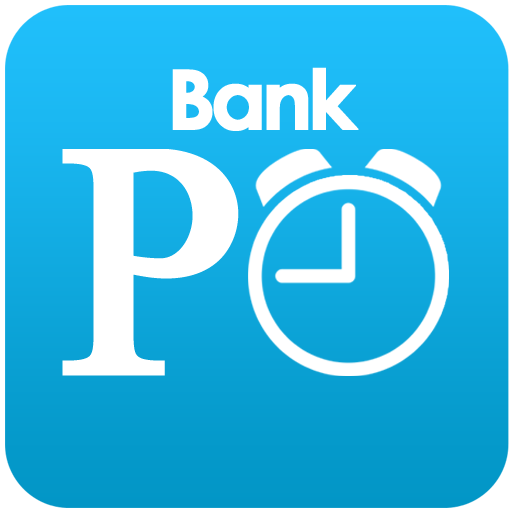First Bus Ride in India
- June 2, 2025
- blog
In my first three visits to India and 11 months total in India, I used or… Read More

There’s a moment many bank aspirants remember—sitting in front of the screen, watching the clock tick down as numbers blur and pressure rises. The quantitative aptitude section isn’t just about math. It’s about staying composed, applying logic swiftly, and not letting nerves sabotage months of hard work. The difference usually lies not in talent but rather in clarity and familiarity for those who feel capable yet are just nervous when handling these issues.
This is where a bilingual simplification PDF becomes more than just another resource. It supports learners by breaking language barriers and simplifying explanations, making preparation more relatable and repeatable. The following strategies highlight how they can strengthen both confidence and performance among aspirants from all backgrounds and regions.
Bilingual resources offer more than just translation—they provide reassurance. Technical explanations in foreign terminology can cause needless stress for applicants who speak their native tongue more fluently than English. This PDF that explains concepts in both languages makes learning more fluid.
Instead of mentally translating or hesitating mid-sentence, learners can focus fully on solving the problem. This smooth understanding boosts morale and sets a stable foundation for practice. Over time, confidence grows because aspirants are no longer slowed by language—they’re driven by logic.
Simplification questions are common but deceptively tricky. Many applicants find it time-consuming if they don’t practice in a disciplined manner. A bilingual PDF reinforces each concept by offering side-by-side explanations and gradual problem sets that aid memory through repetition.
Learners gain from seeing the same technique expressed in two ways, anchoring their understanding. They start to recognize shortcuts, recall rules faster, and reduce errors in calculation. Repetition, paired with clarity, builds not just familiarity but also long-term retention—something essential for exam-day success.
Efficiency in the quant section often decides who moves forward. Simplification problems, when mastered, can be solved quickly—freeing up time for lengthier topics like data interpretation or arithmetic. A bilingual simplification PDF trains aspirants to handle these problems quickly without pausing to decipher wording.
Regular exposure to common patterns improves instinct. Candidates begin solving rather than reading, identifying operations in seconds. This consistent edge over time ensures a better pace, reduced guesswork, and a stronger finish in the final minutes. That mental speed gives them better control over their timing strategy, which in turn reduces pressure and keeps accuracy intact.
One overlooked benefit of bilingual learning is psychological ease. Many candidates freeze during the quant section—not from lack of knowledge but from a sudden spike in anxiety. Familiarity built through bilingual simplification practice eases this pressure.
On exam day, questions feel familiar and solvable. Instead of stress, there’s structure. Instead of panic, there’s poise. This mental preparedness significantly impacts how well one performs. When the mind is calm, it calculates better.
Success in bank exams isn’t just about hard work—it’s about choosing tools that align with personal strengths and learning styles. A study material that is thoughtfully structured and available in two languages allows students to practice without guesswork or external dependency.
Quality material presents logical progression, avoids outdated formats, and reflects current exam trends. It allows learners to move step-by-step, gradually increasing difficulty. The right study material doesn’t overwhelm—it equips. And when the format fits the learner, confidence comes naturally.
Success in the quant section is rarely just about numbers—it’s about trust. Trust in one’s preparation, in one’s methods, and in the material used every day. A bilingual simplification PDF becomes more than a tool—it becomes a quiet coach, helping candidates find rhythm, clarity, and, above all, belief in their own ability to solve what once felt complicated.